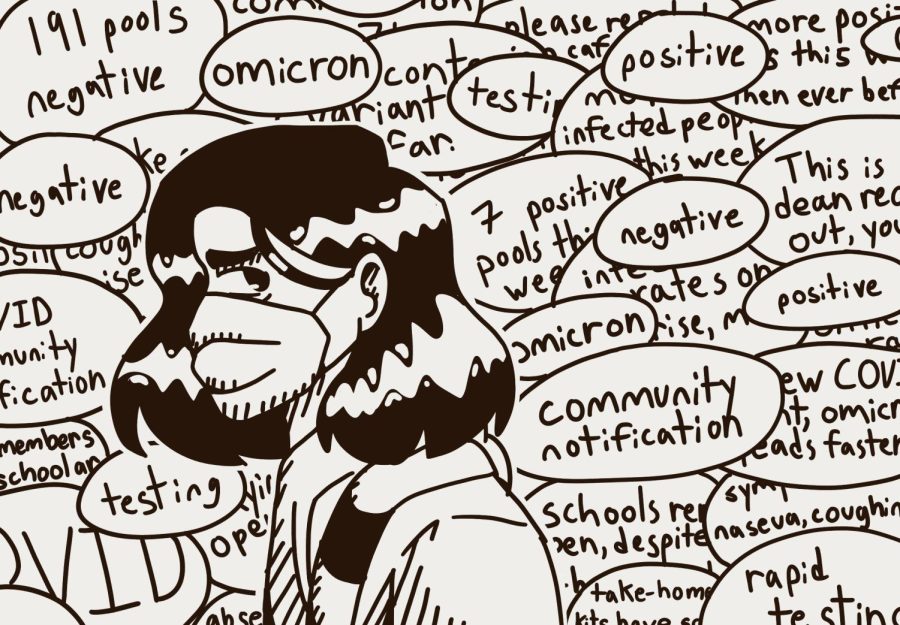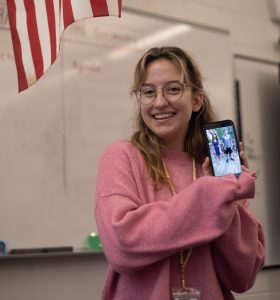Give Immunocompromised Students the Option to Learn Virtually
February 6, 2022
“Dear Parents, Caregivers, and CRLS Students … members of our school community tested positive for COVID-19.” Since the beginning of the school year, every student has received numerous emails announcing yet another positive case of COVID-19. In the first week of January, over 20 students tested positive. Simultaneously, students are missing weeks of school without the option to learn at home while quarantining. Immunocompromised students are wearing three masks and struggling to breathe because they cannot predict how their bodies will react to the virus. Nevertheless, the school administration is doing nothing to protect vulnerable students and their education as this pandemic rages on.
As someone who is immunocompromised, I’ll be frank: I do not feel safe at school. I do not trust the district and the state to protect me. I worry about other immunocompromised students who face life-threatening consequences from others not getting tested, masking up, and attending large gatherings. The CDC has clearly stated that, “having a weakened immune system can make you more likely to get severely ill from COVID-19.” This should be something that Cambridge Public Schools (CPSD), a district of thousands, recognizes as an immediate issue. Members of the CRLS community have expressed fears about rising cases, wondering how COVID exposure could affect them, and their families. Aliki Hollister ’22 told the Register Forum, “The unknowns of COVID make me anxious at times, to go to school, especially when students are often unmasked in the hallway, and don’t get tested.”
With the acknowledgement that schools may not be able to go remote, I propose that Governor Charlie Baker and CPSD give students the option to learn at home. This option could benefit remote learners, as well as students who choose to stay in-person, allowing them a safer learning environment with a lower density of people in their classes. Ultimately, students at a high risk—like myself—should not have to choose between education and safety. Neither should those with high-risk family members, who have to mask up at home, because of the fear of interacting with untested, unvaccinated, or COVID-positive people at school. Mikaela Lavandero ’22 expressed her concerns to the Register Forum, saying, “Instead of learning in class, all I can think about is whether or not I’ll bring the virus home to my at-risk mother.” These feelings are echoed by families and students across the country, such as in the case of a conflict in Connecticut regarding students who have severely immunocompromised patients, but are unable to receive education at home, according to the Associated Press.
Still, even with fears from both medical professionals and the CDC, districts and governors all over the United States are refusing to grant exemptions for at-risk students and their families. Cambridge cannot follow this lead. I am not asking for mandatory virtual learning for all, as this may hurt many students, I am instead imploring that the governor and CPSD enforce new policies to protect their immunocompromised students and at-risk families from the possibility of a medical crisis. By doing so, not only will it accommodate those who cannot learn from home, but they will show their chronically ill, immunocompromised, and at-risk students that they value their ability to learn without fear.









